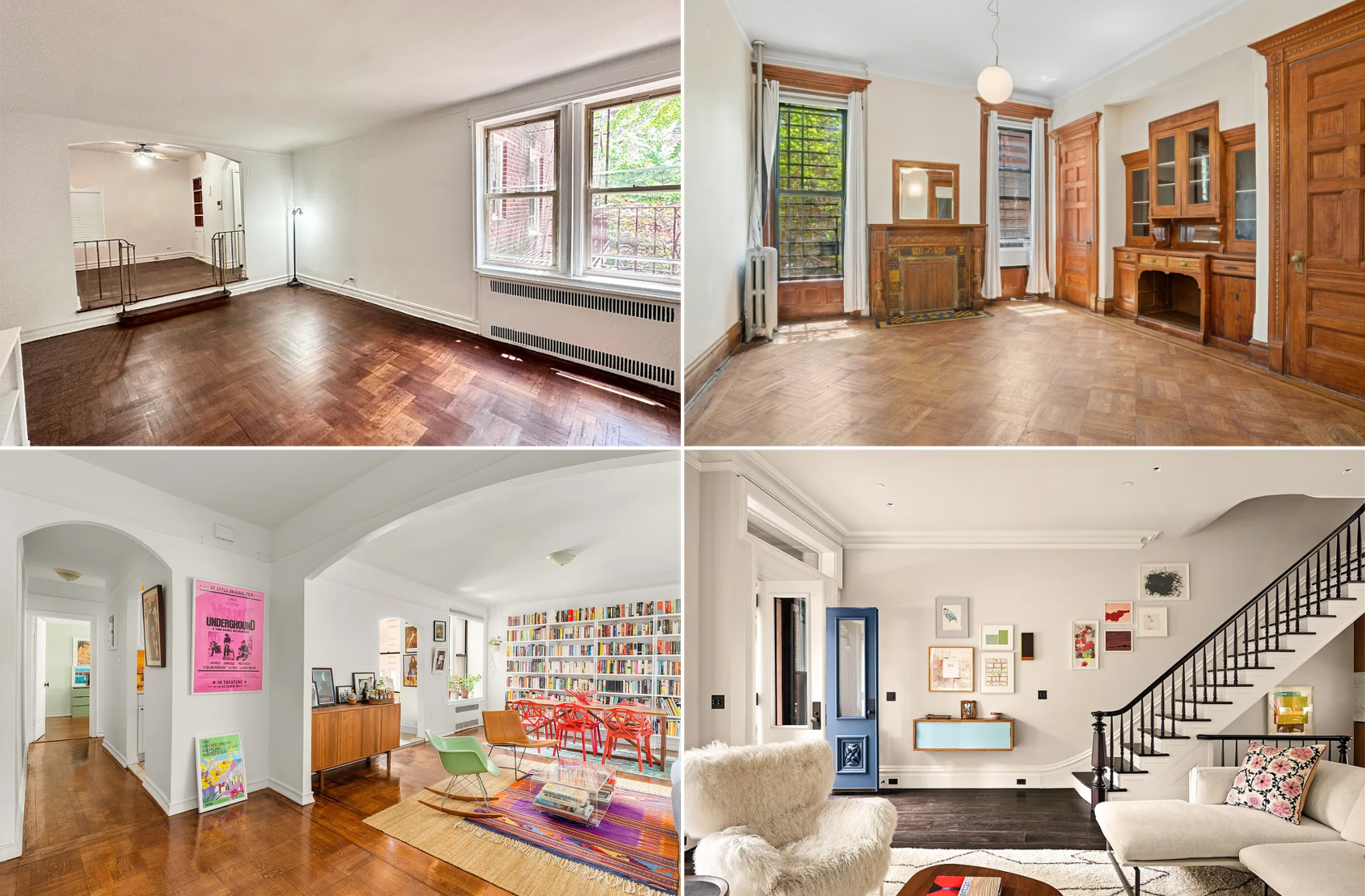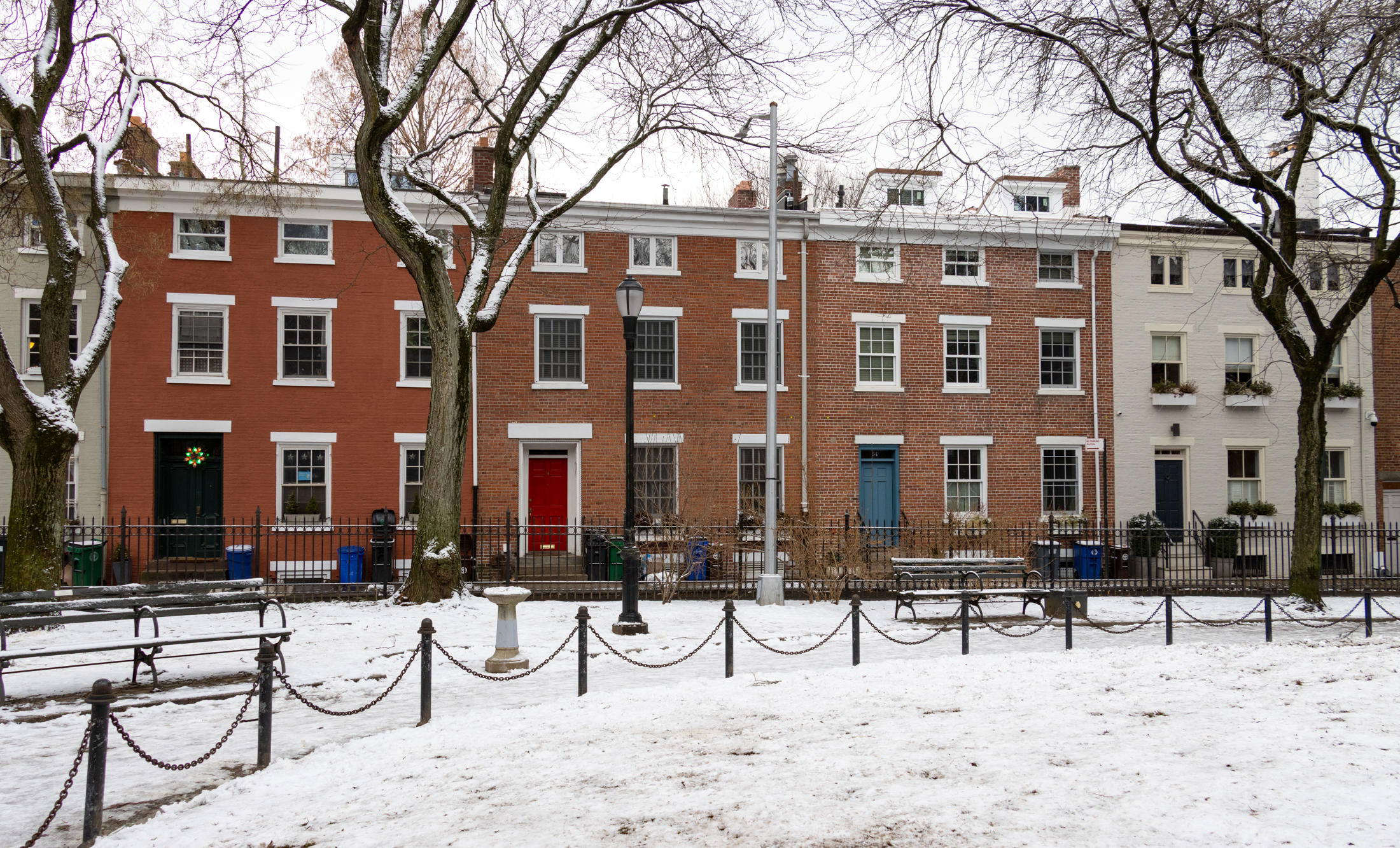Condos Go Rental; Development Sites Go Nowhere
It’s happening. More and more condo developers are switching horses in midstream, transforming projects that were originally going to be condos into rentals, says The Sun. The big Brooklyn examples are the Kodachrome in Bed-Stuy and Dumbo’s 99 Gold (though both are ancient news). David Maundrell, the president of marketing firm aptsandlofts.com, says 95 percent…


It’s happening. More and more condo developers are switching horses in midstream, transforming projects that were originally going to be condos into rentals, says The Sun. The big Brooklyn examples are the Kodachrome in Bed-Stuy and Dumbo’s 99 Gold (though both are ancient news). David Maundrell, the president of marketing firm aptsandlofts.com, says 95 percent of his company’s projects a few years ago were condominiums, but around 60 percent are now rentals. “There’s been an enormous shift in the past 12 months,” the senior managing director of Beck Street Capital, Kevin Comer, said. “Lenders only want to lend on cash flow projects. They want to be certain that they have a fallback as a rental that works.’ And those are the projects that are actually getting built; according to Comer, “We have seen an increase in the number of investment opportunities that we see that are fully permitted development sites where the developers are just trying to get out of them.”
Credit Crunch Turns Condos Into Rentals [NY Sun]
Photo by Lisanne!.





demand not/= pre-approved/pre-committed
I think this is a boomerang. Rentals temporarily finance their denial about the turning market. When fear sets in, if carrying costs don’t turn carnivorous first, they’ll be dumping these apartments right back on the sales market. There’s no way rents will compensate for a lack of sales. That’s the problem: sales have been way ahead of fundamentals like rent. And rents will follow employment.
“Woooo wooooo woooooo wooooo woooooo…” [boomerang_sound/off]. Anybody see The Road Warrior? Remember that little kid? These developers will not have the catching ability of that little kid. Slice!
I said: “The risks are too great”
If new buildings were subject to rent control, there would be no risk. The application of such laws would be a certainty. Sorry if that wasn’t 100% clear, but I’m curious as to what risks these less careful readers thought I was referring.
The story is this: Rent control was implemented during WWII. The city first said it would be repealed after the war. It was not. They then said it would not apply to new construction. For 20 years, hundreds of thousands of new housing units were brought online. Then, rent stabilization was passed. New construction greatly slowed, and since that time all new rental product has either been subsidized or oriented towards the upper income brackets.
The fact that new apartment buildings are not subject to rent stabilization is irrelevant. The risk that may change in the future is very, very real. It is a risk no major developer is willing to take – especially when there is no reason to! Just sell the units as condos.
i think that there is pent up demand on the buyer’s side. if so many of these buildings go rental, it will make the properties (both building and condos) more valuable once buyers decide to get off the fence.
historically and in the future, we have more demand than supply for housing here and even several thousand new apartments will not change it.
we still have almost 100% occupancy for rentals.
“You’re 100% wrong. The number of housing units brought online has paled in comparison with the increase in the city’s population over the past decade. There is huge demand.”
I don’t know about that one. What was the percent increase in population? I think it was negligible if even positive. Arguably it has dropped as many have left the city. And besides, it includes many babies born under the poverty line (birth control issues) who’s families would never qualify for these obviously overpriced condos. That argument is RIP.
And rent control/stabilization is optional. Rental properties can be excellent investments if executed carefully and at “market” rent.
Some new buildings are stabalized in exchange for more square footage but the rent can still be well over $2000 a month.
These new units are not subject to rent control or stabilization of any kind. Polemicist, as usual, knows not of what he speaks.
P.,
How would “rent control” apply to to new buildings and why would they not be market rate?
I’m no fan of rent control + stabilization, but I’m pretty sure that new buildings aren’t subject to it.